Non-traditional security threats in the world appear frequently in Vietnam with extremely serious consequences, requiring early proactive prevention and response.
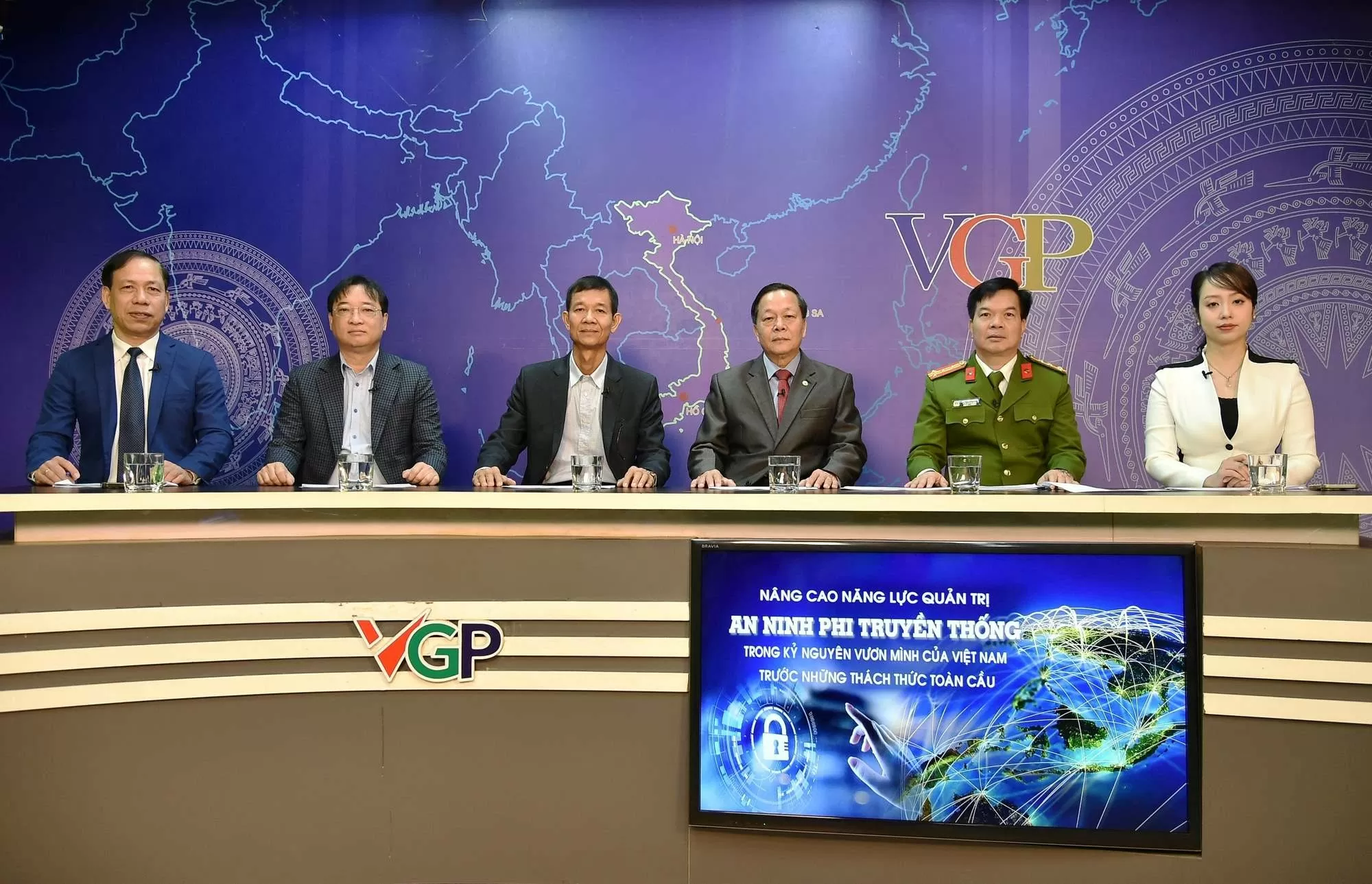 |
| The seminar aims to raise awareness and responsibility of the whole society, all levels and sectors, especially leaders and managers of both the public and private sectors in ensuring non-traditional security. |
On the morning of November 21, the Government Electronic Information Portal organized a seminar with the theme "Enhancing non-traditional security governance capacity in the era of Vietnam's rise to global challenges".
The seminar had the participation of invited guests: Lieutenant General, Professor, Dr. Nguyen Xuan Yem, Director of the Institute of Non-traditional Security, School of Management and Business, Vietnam National University, Hanoi; Associate Professor, Dr. Hoang Dinh Phi, Principal of the School of Management and Business, Vietnam National University, Hanoi; Colonel, Dr. Do Tien Thuy, Deputy Director of Tuyen Quang Provincial Police; Mr. Nguyen Van Su, Deputy General Director of Vietnam National Petroleum Group Petrolimex; Mr. Luu Van Vinh, Economic Security expert, former Deputy Head of Economic Security Department, Hai Phong City Police.
Risk identification
Lieutenant General, Professor, Doctor Nguyen Xuan Yem said that non-traditional security is essentially an extension of national security, traditional security and constitutes the overall national security in current conditions. Through research, there are about 30 non-traditional security threats that have emerged, are emerging and will continue to emerge in the current period. Of which, there are 5 emerging risk groups that need attention, including: (1) Transnational crime; (2) Vietnam's economic security; (3) environmental security, water security; (4) medical security, health security; (5) threats to cyber security and social network security.
“During the COVID-19 pandemic, the State concluded that the pandemic caused damage of up to 500,000 billion VND. And during the recent storm Yagi, Yen Bai province's total revenue in 2023 reached 4,100 billion VND, but after only 1 week of storms, floods, landslides... Yen Bai province suffered damage of up to 4,600 billion VND,” Prof. Dr. Nguyen Xuan Yem gave an example.
Citing local evidence, Colonel Dr. Do Tien Thuy said that Tuyen Quang recently faced 5 non-traditional security risks and challenges. The storm YAGI that hit the northern provinces (September 2024) showed that the risks to water security and environmental risks were very clear. During that storm, Tuyen Quang was one of the provinces facing widespread flooding and heavy rains, and for the first time, Tuyen Quang Hydropower Plant had to open all 8 sluice gates. After the storm and flood, 5 people died, 6 people were injured, houses collapsed, and crops were damaged; after the flood receded, the risks to disease, health, and the environment were very clear...
“That shows that we must have proactive measures to handle and prevent non-traditional security challenges and risks early and from afar,” said Colonel Dr. Do Tien Thuy.
In Hai Phong, Mr. Luu Van Vinh, an economic security expert and former Deputy Head of the Economic Security Department, Hai Phong City Police, acknowledged: Vietnam's non-traditional security challenges all appear in Hai Phong. It can be said that this is a locality with very typical non-traditional security challenges.
Firstly, the challenge of climate change, especially after the passing of typhoon YAGI, Hai Phong was also a focus of great damage. Secondly, environmental issues can be mentioned such as oil spills, chemical incidents, fire and explosion incidents and maritime accidents, especially in the context of the city's huge trade and import and export of goods. Thirdly, the problem of crime, not only traditional crime but Hai Phong also has international crime, transnational crime, high-tech crime, and cybercrime.
“Through practical combat, we have established many projects and successfully solved cases with cyber fraudsters, arresting both Vietnamese and foreigners, not only in Hai Phong City but also in other localities. In 2019, Hai Phong Police coordinated with the Ministry of Public Security to solve a very large case, arresting nearly 400 foreigners for international gambling, with an estimated amount of about 11,000 billion VND. This is also a very new activity that needs to be identified,” said Mr. Luu Van Vinh.
On the business side, Mr. Nguyen Van Su, Deputy General Director of Vietnam National Petroleum Group shared: Vietnam National Petroleum Group is supplying the market with an output of 12-14 million m3, tons of gasoline and oil each year, of which about 10 million m3, tons are sold on the domestic market. Therefore, the risks and challenges that this business faces every day are very large, including non-traditional security factors.
“For example, in the event of a change in the supply of gasoline in 2022, businesses importing gasoline at a loss and not selling it, so everything is concentrated in Petrolimex, we have to sell a large amount of excess output. Without risk management and safety management, gasoline stations will become places of social disorder and insecurity,” Mr. Nguyen Van Su informed.
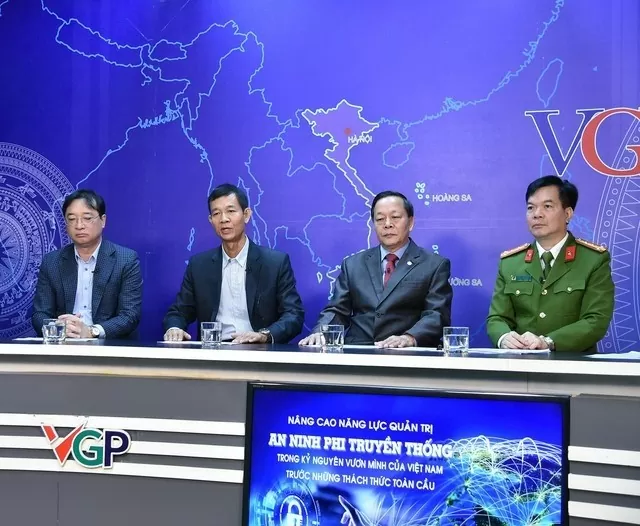 |
| Delegates attending the Dialogue emphasized that non-traditional security is essentially an extension of national security. |
Respond effectively
Discussing solutions to deal with non-traditional security risks, Associate Professor, Dr. Hoang Dinh Phi proposed the first solution is to strengthen communication work for all levels, ministries and branches from central to local levels, especially organizations, businesses, and grassroots units, where major risks can arise, from small fires burning into large fires that threaten the non-traditional security of individuals and people.
Second, there must be systematic research programs from the central to local levels; third, the current management of science and technology must be strengthened to be fast and effective; fourth, the human factor must be systematically educated, have ethics, qualities, and determination to protect people and the country.
Facing non-traditional security issues at businesses, Mr. Nguyen Van Su said: For businesses trading in petroleum, if fire, explosion, petroleum incidents, etc. are not well controlled, they will cause insecurity and have a huge impact. Therefore, to prevent risks, Petrolinex focuses on 3 factors:
Firstly, the infrastructure system due to climate change or unsafe incidents at warehouses, ports, etc. all affect gasoline. Secondly, in addition to the well-invested infrastructure system, the Group pays great attention to human resource training, including awareness, thinking, and qualifications, starting from practice, with systematic and in-depth training programs. Thirdly, current institutions and regulations must be specific throughout from the highest leaders to the workers; there must be inspection and control regulations.
According to Prof. Dr. Nguyen Xuan Yem: Non-traditional security differs from traditional security in that it focuses on identifying and managing risks not only at the individual and family levels, but also at the agency, organization, enterprise, local, and national levels. This is a comprehensive challenge, requiring multi-dimensional coordination to come up with effective prevention and response solutions.
Firstly, assess and propose timely solutions to respond to new challenges in the context of increasingly complex non-traditional security. Secondly, train high-quality human resources. Thirdly, promote the identification and proposal of solutions to prevent and respond to non-traditional security threats.
“We expect the State, and directly the Ministry of Science and Technology, to pay attention to and implement a national key scientific program on non-traditional security. This program will not only create a solid scientific basis for further research, but also promote the development of sustainable policies and strategies, contributing to ensuring national security and stable development in the new context.
In addition, another important issue is to focus on training human resources and promoting propaganda work. Raising awareness and professional capacity of staff is a key factor to effectively respond to new challenges in the increasingly complex non-traditional security context.
Ultimately, Vietnam cannot address non-traditional security challenges on its own, but needs to strengthen international cooperation and enhance coordination among domestic ministries, departments and agencies. Only with joint efforts at both the national and international levels can we proactively respond to increasingly complex and unpredictable risks.
“In short, traditional security and non-traditional security, although two different fields, are essentially a unified entity. Both aim at the common goal of ensuring national security and promoting sustainable development,” said Prof. Dr. Nguyen Xuan Yem.
Source


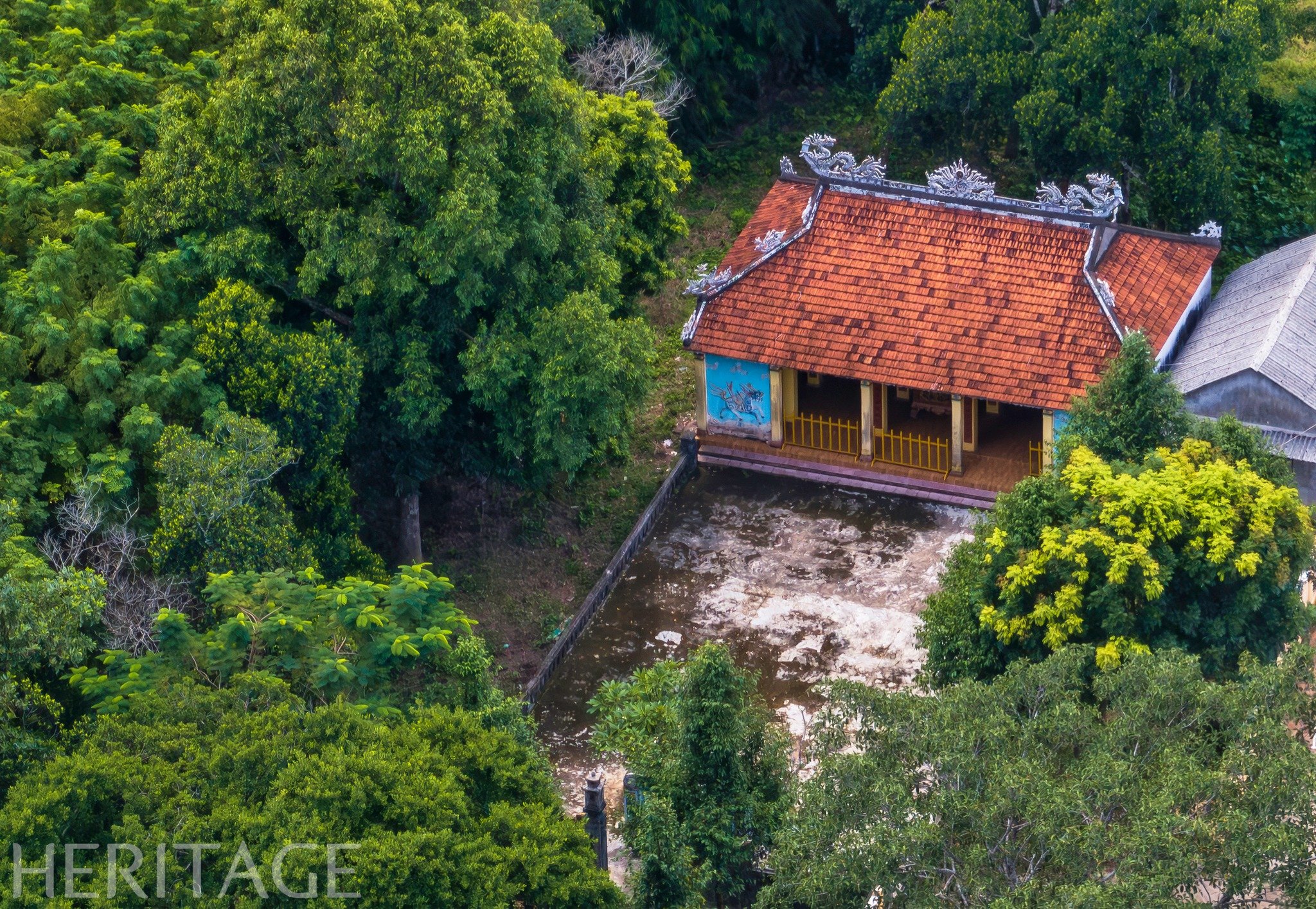


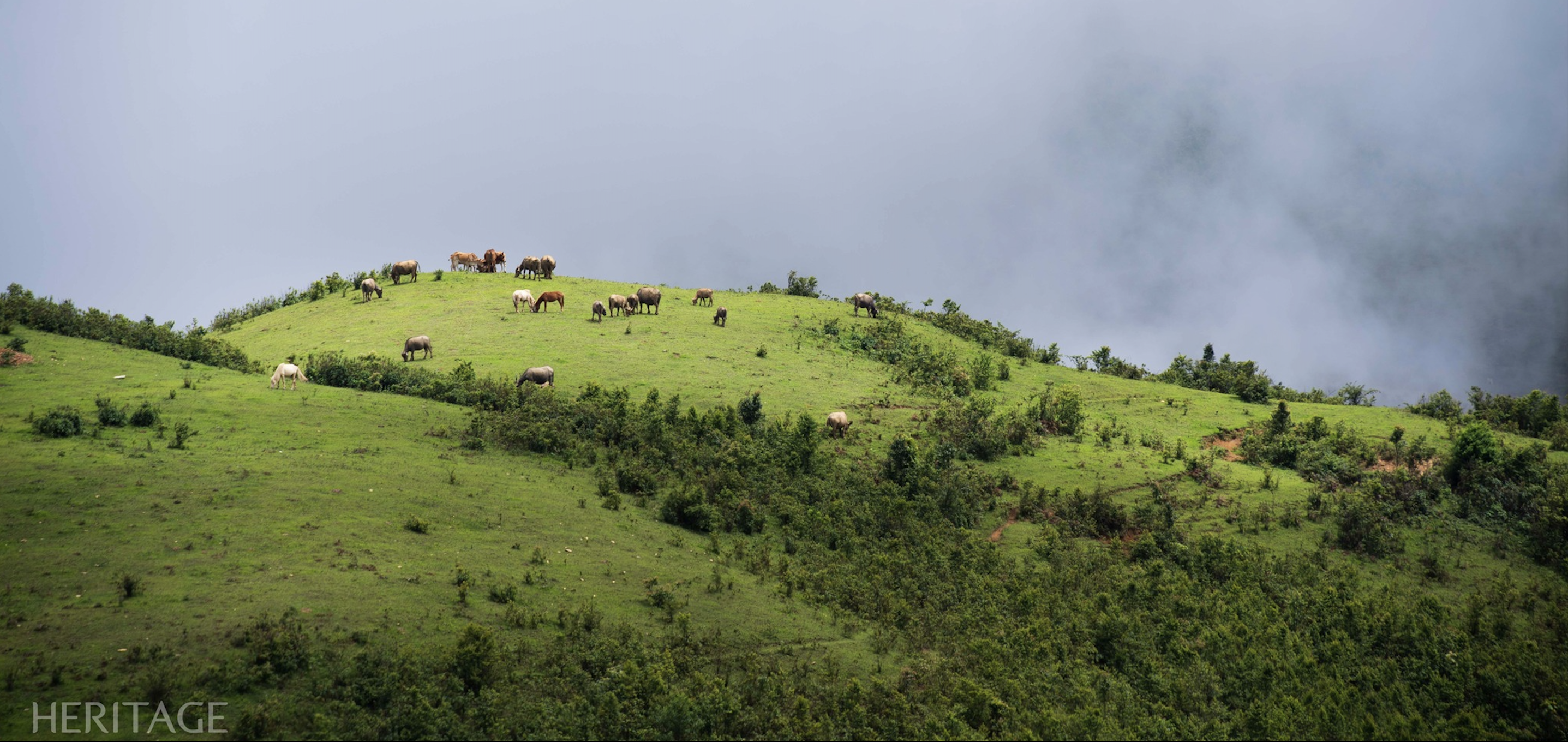
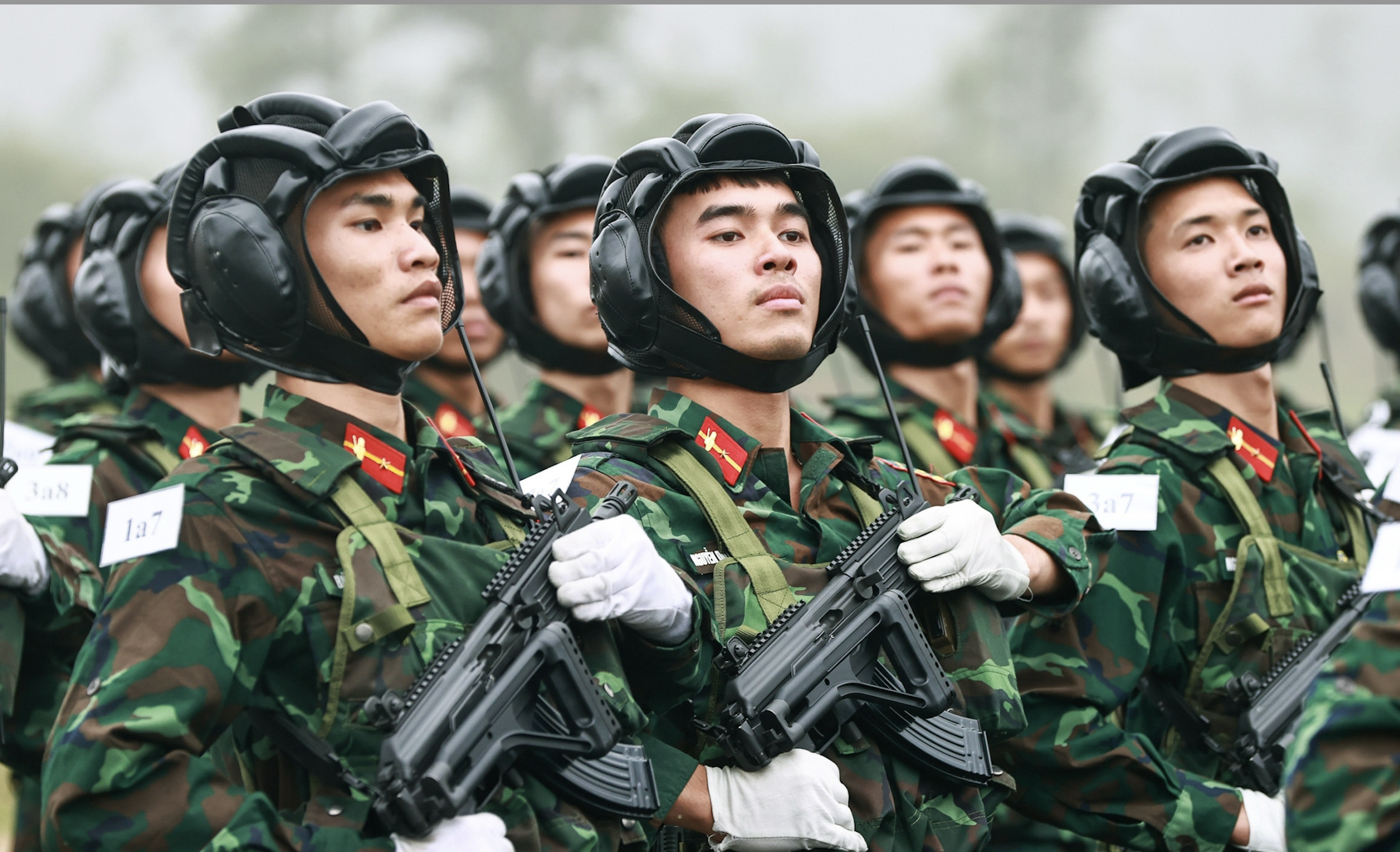




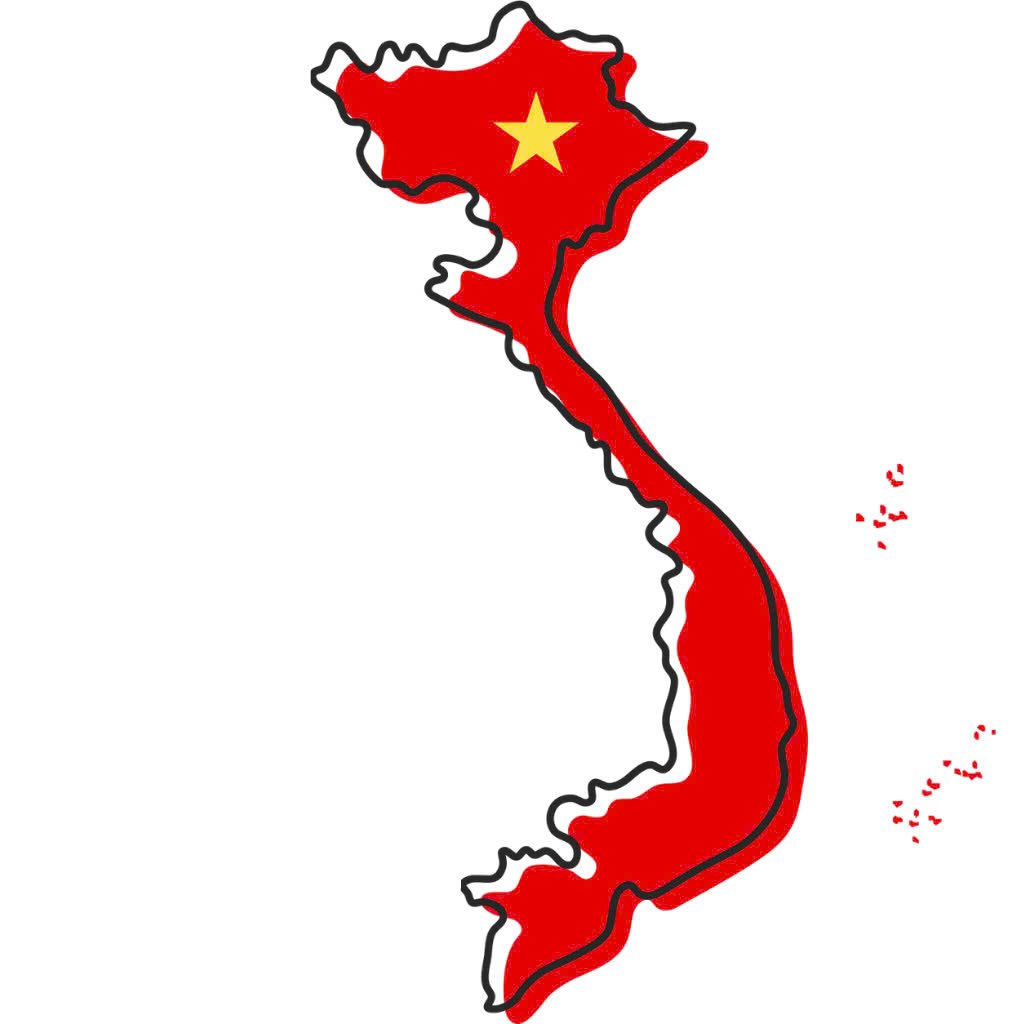
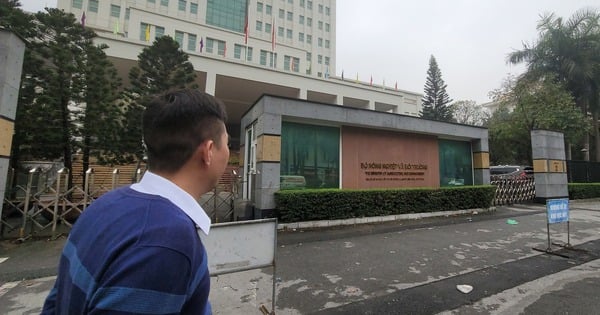







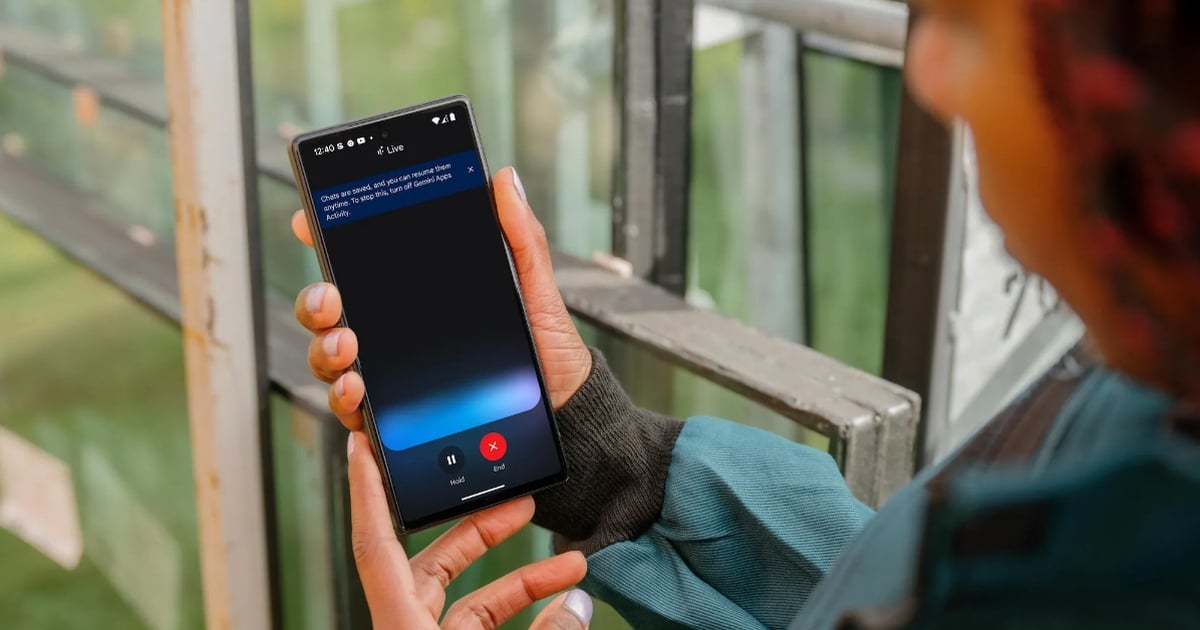



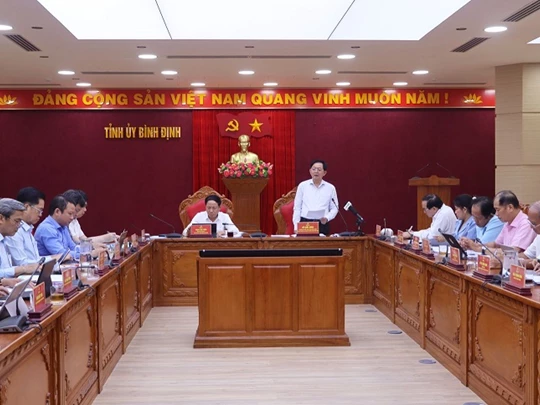





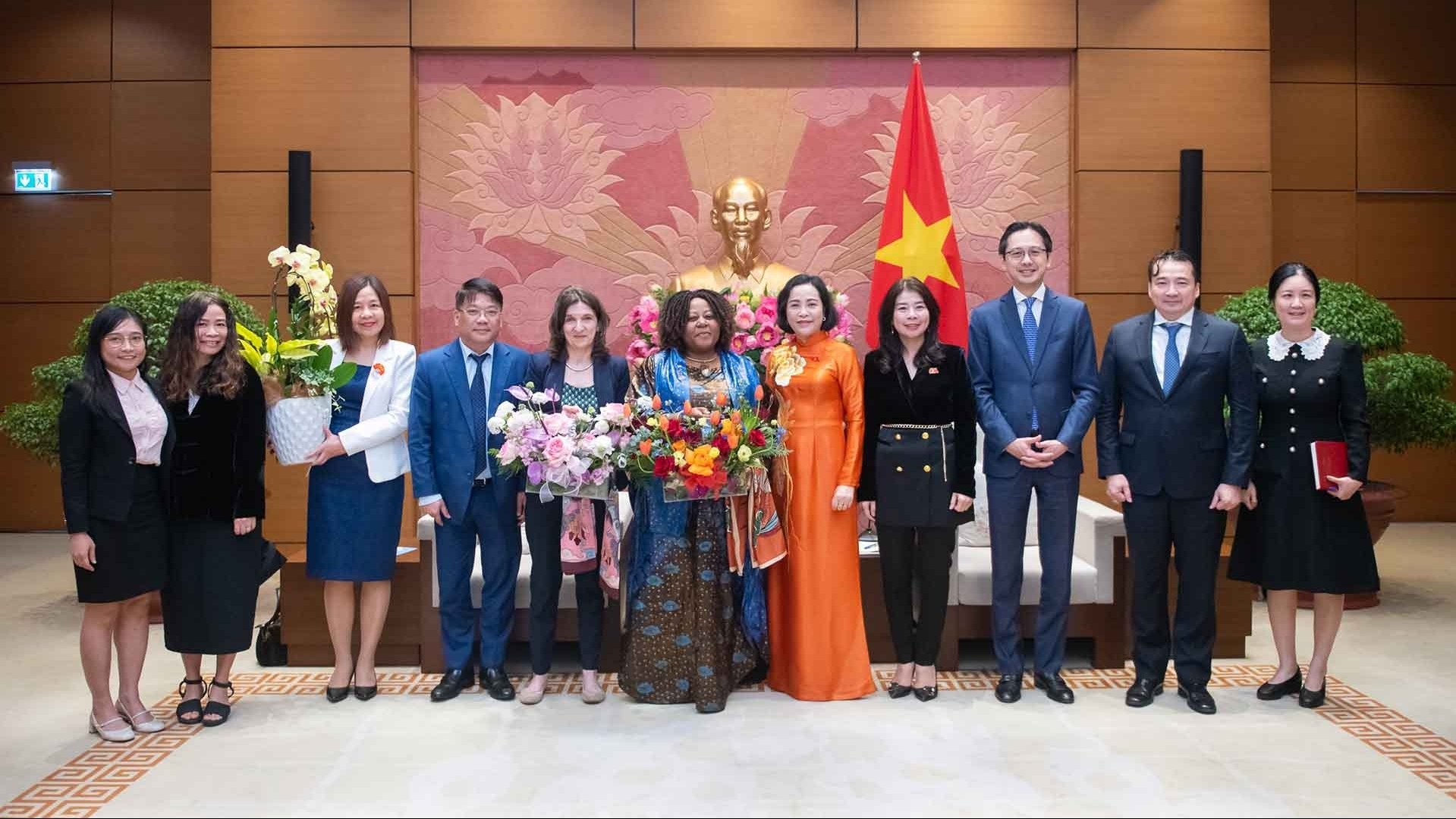



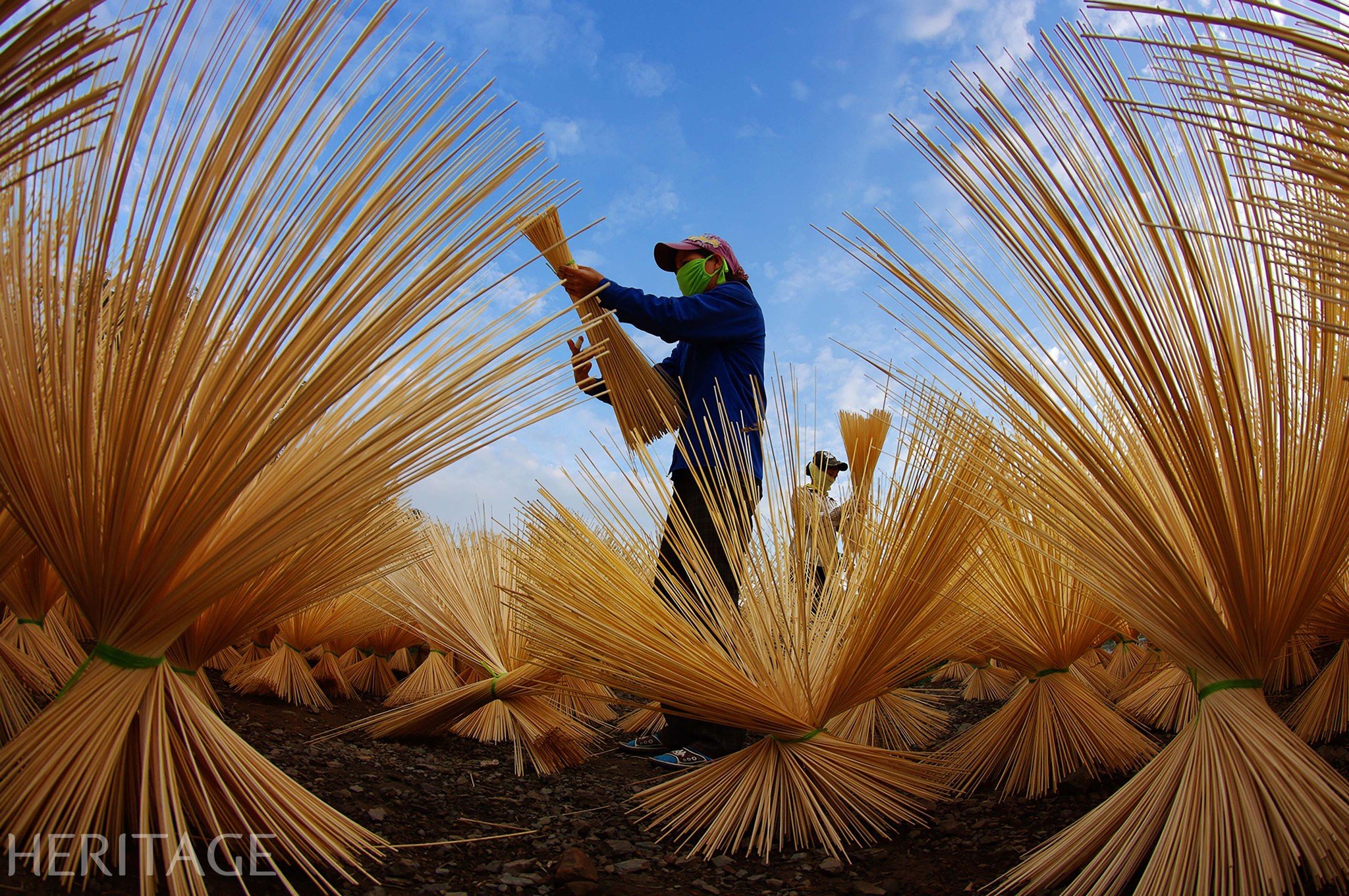

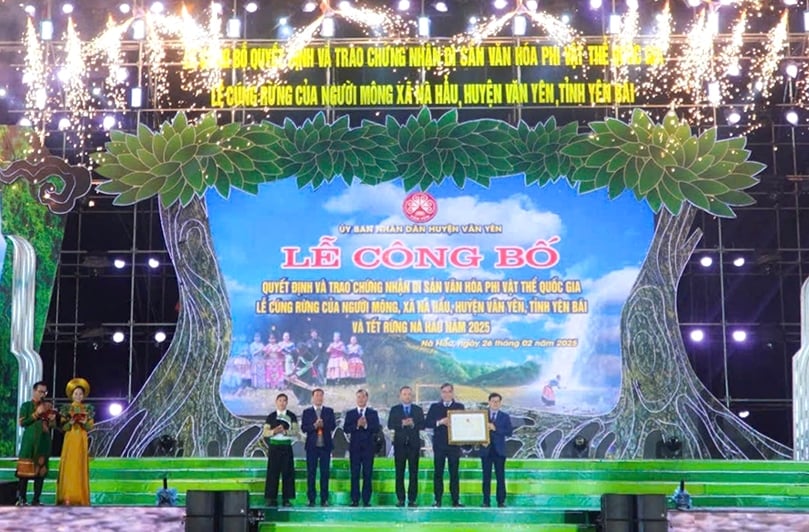

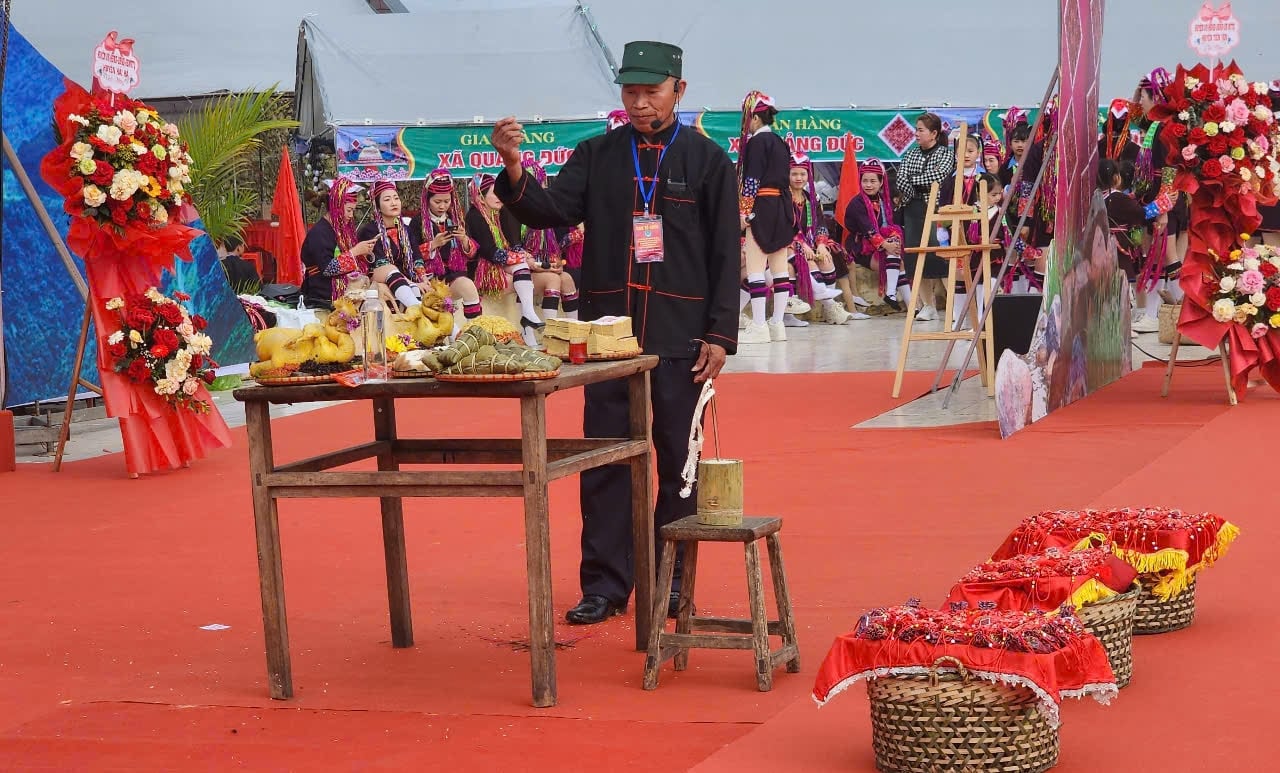
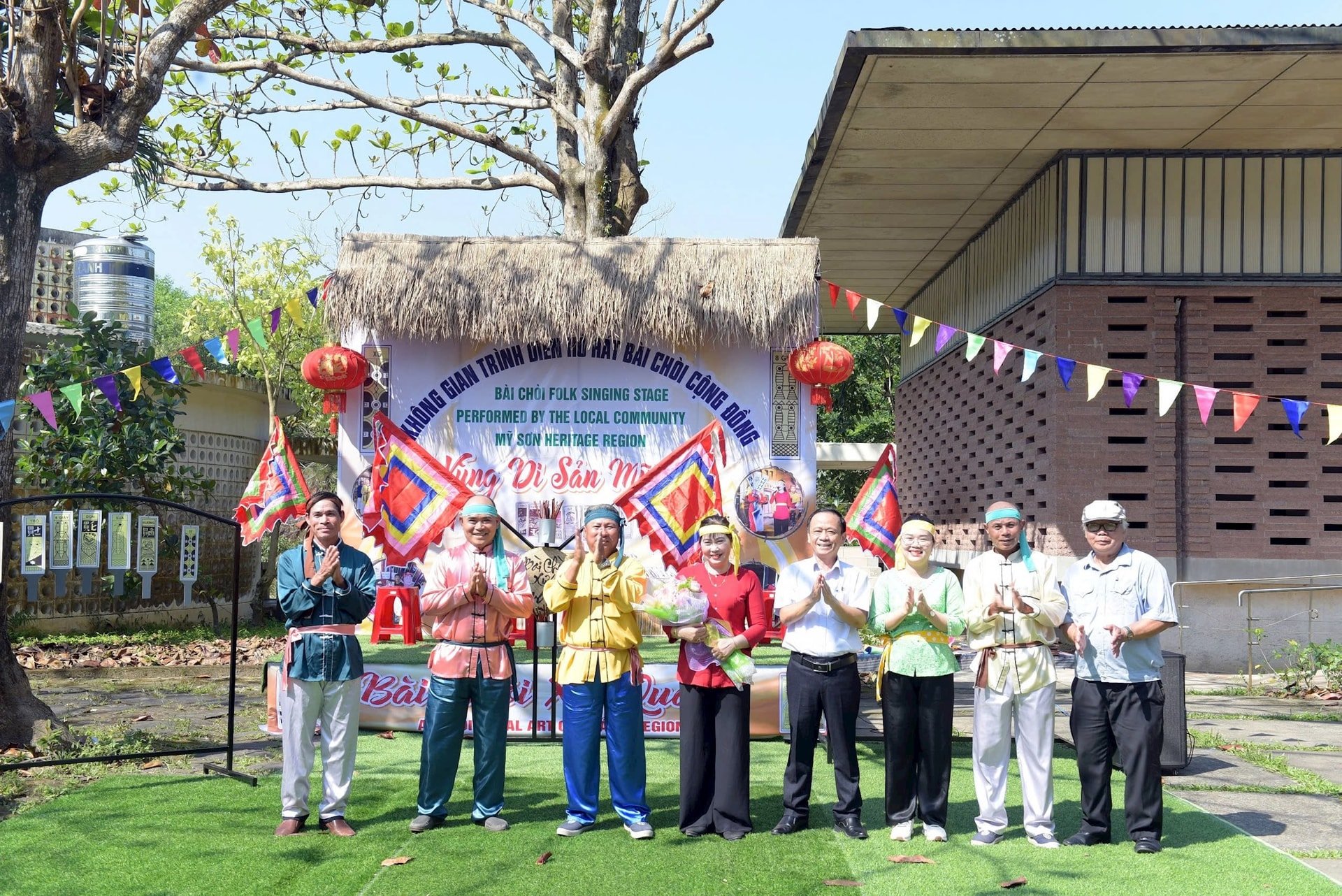





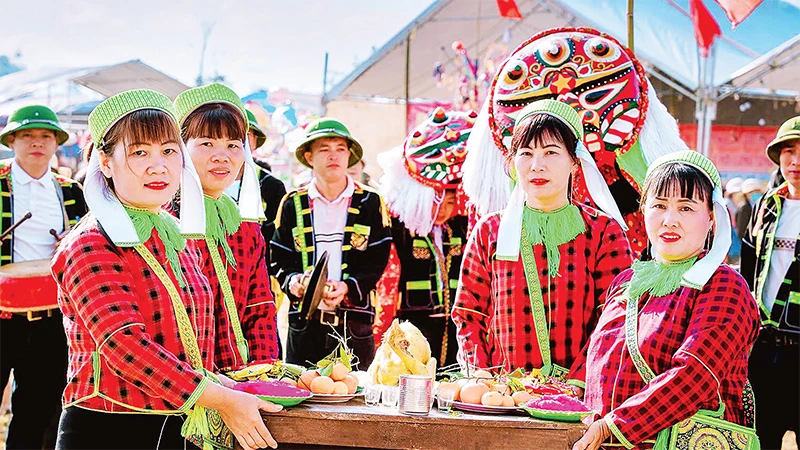



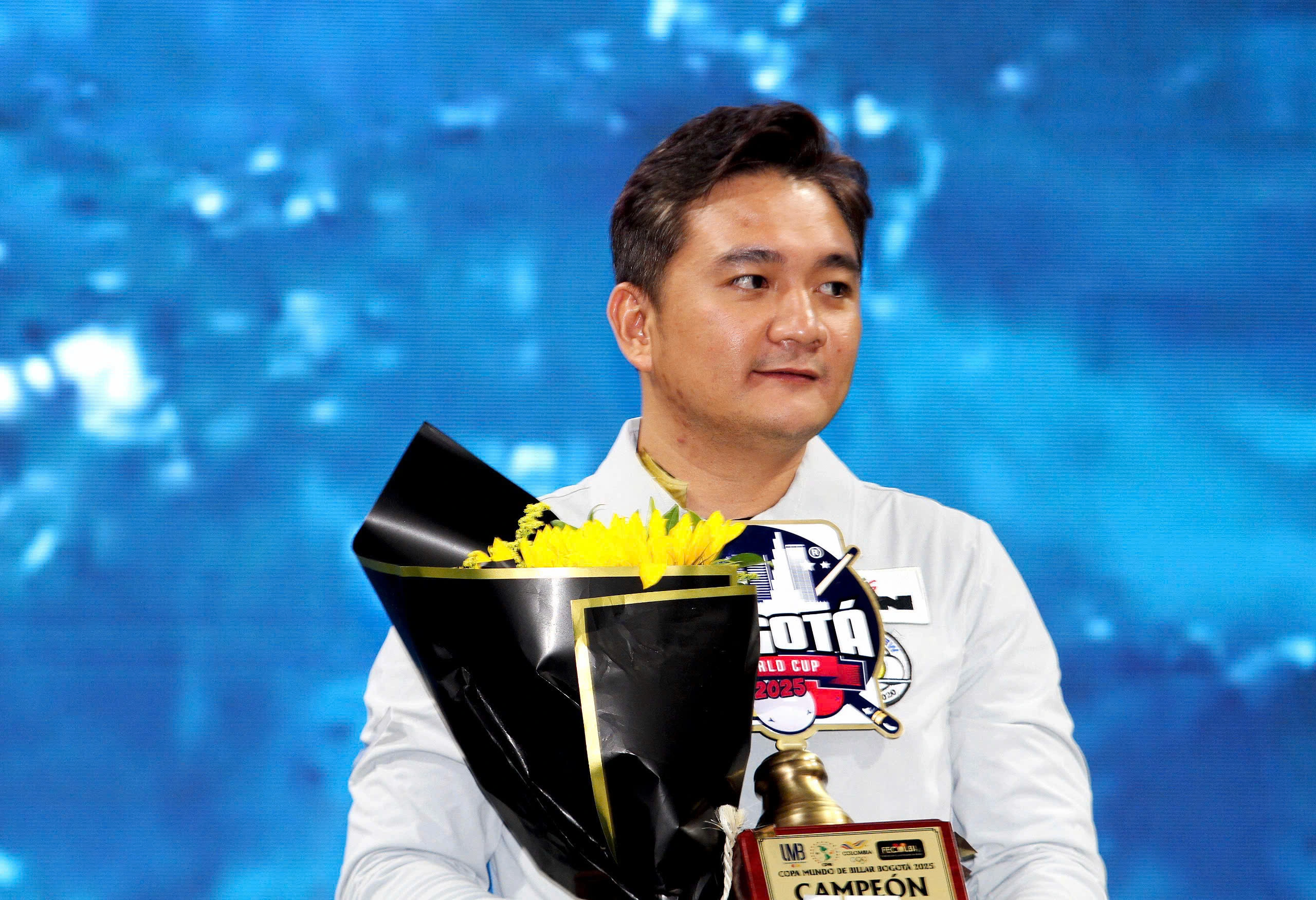

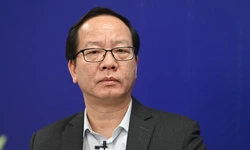













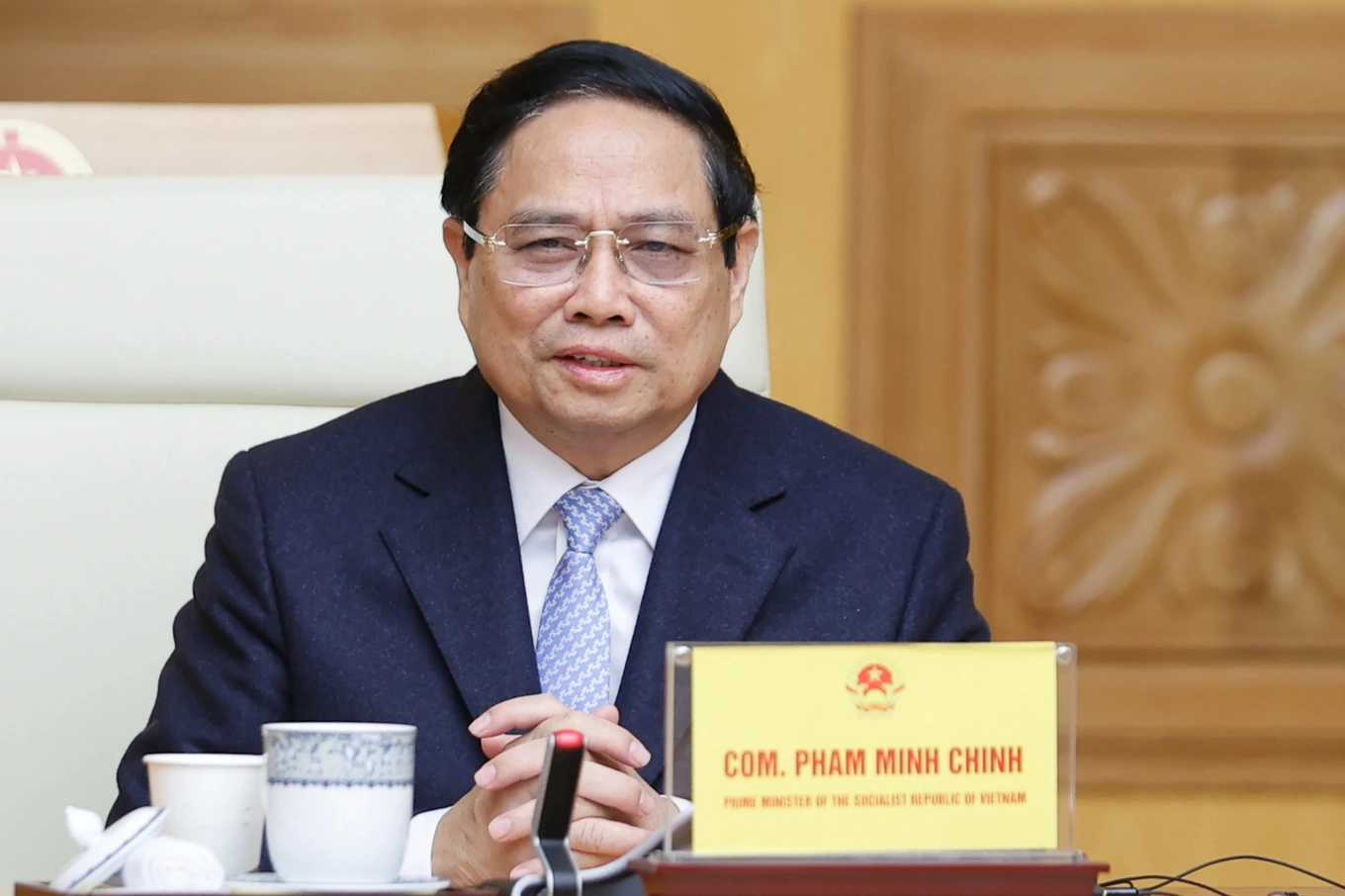



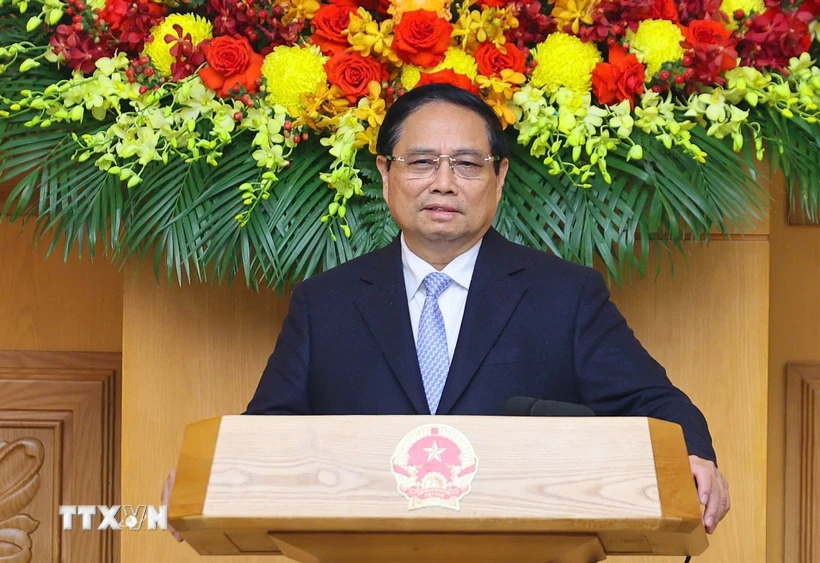




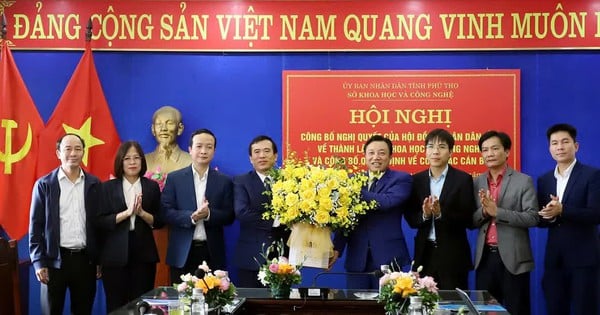

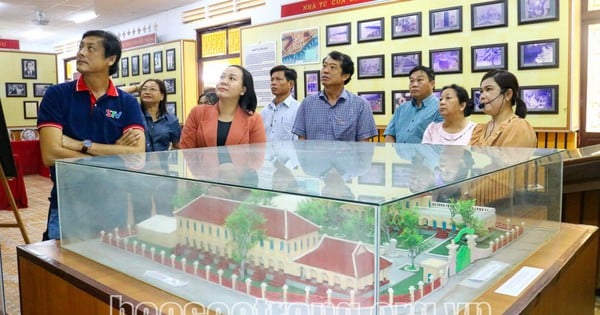

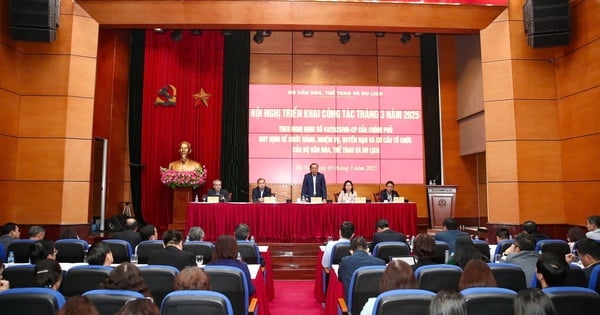
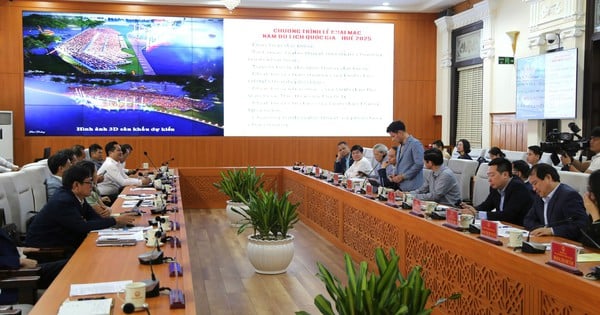
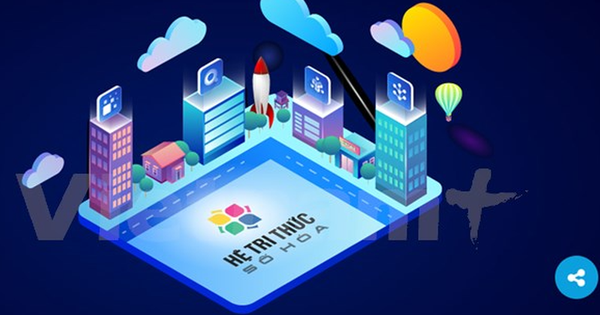










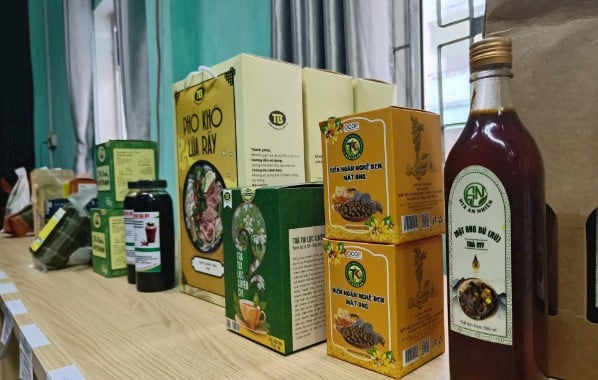


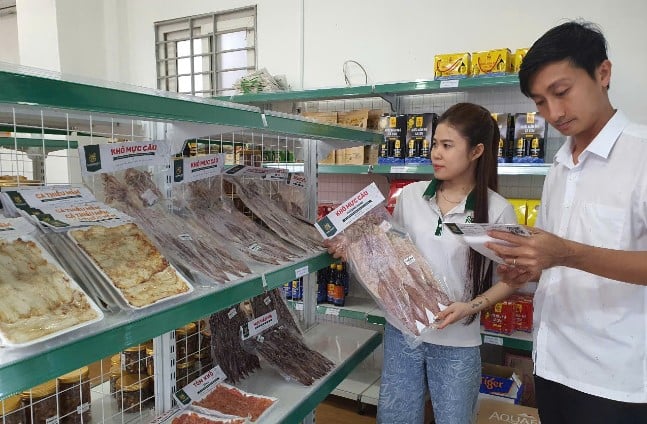

Comment (0)